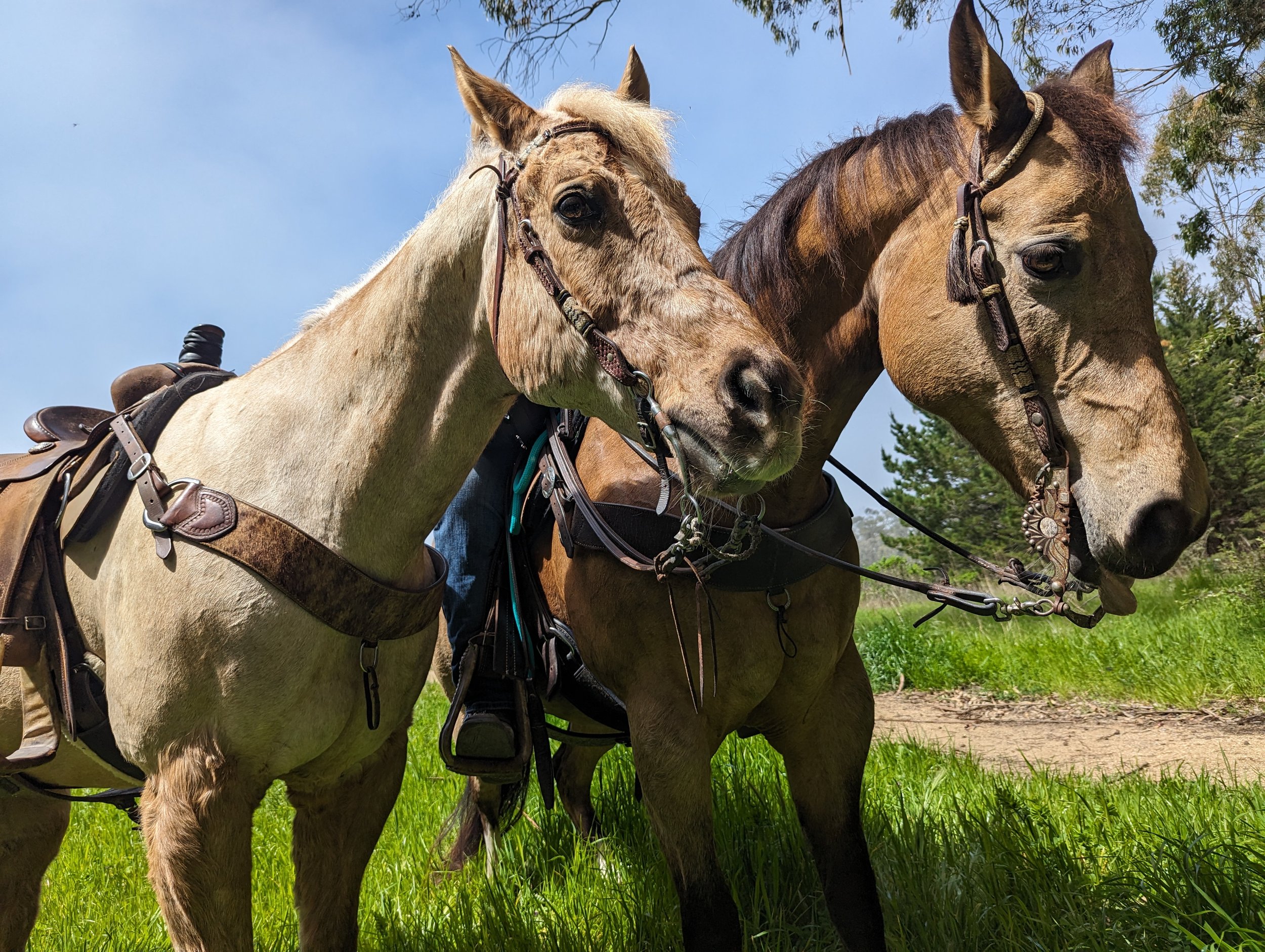Know the Facts
The National Park Service is using bacteria as a false flag to remove horses from Rancho Corral de Tierra. The NPS appears to base its plan to eliminate equestrian centers and boarding at Rancho Corral de Tierra on the misinterpretation of water quality data. They wrongly claim horses pollute San Vicente Creek with pathogenic bacteria.
READ THE RCD 2023 REPORT
WHAT NPS SAYS:
KNOW THE FACTS
1. Few strains of E. Coli are pathogenic, and the National Park Service has not reported any pathogenic strains in San Vicente Creek. The most studied genotype of pathogenic E. Coli is serotype O157:H7. There are no reports of this bacteria in San Vicente Creek.
2. According to the WHO, most strains of E. Coli are harmless and are normally found in the lower intestines of warm-blooded animals. The major source of E Coli serotype O157:H7 are cattle and other ruminants, such as deer, sheep, and goats. Horses are NOT ruminants for pathogenic e-coli bacteria.
3. 2023 water quality testing data from the San Mateo Resource Conservation District shows that the major source of E. Coli at San Vicente Creek comes from upstream of Ember Ridge Ranch and the level does not become higher as it flows out of Moss Beach Ranch. The presence of e-coli in groundwater increases well West of Highway 1.
4. NPS’ use of “fecal coliform” is somewhat redundant as E. Coli are fecal coliforms. It is assumed that they mean Enterococcus, another fecal coliform. According to the National Institutes of Health, Enterococcus is a normal bacteria found in the intestines of most mammals. Certain strains can cause severe infections in humans. However, most infections occur in hospitals, in patients who are immunosuppressed and/or in intensive care units.
5. CDC: most diseases people can catch from horses are due to direct contact or the actual ingestion of horse feces or horse urine. Leptospirosis and anthrax, which are both non-coliform, can be transmitted from drinking water contaminated with horse feces or urine. According to the California Department of Public Health: Leptospirosis is rare in California, and most infected Californians are exposed in another state or country. According to the San Mateo County Health System, the most recent data shows no cases of leptospirosis in humans in 2017 and only one in 2018.
NOTE: All RCDT ranches are in compliance with manure management plans approved by GGNRA and the County of San Mateo.



